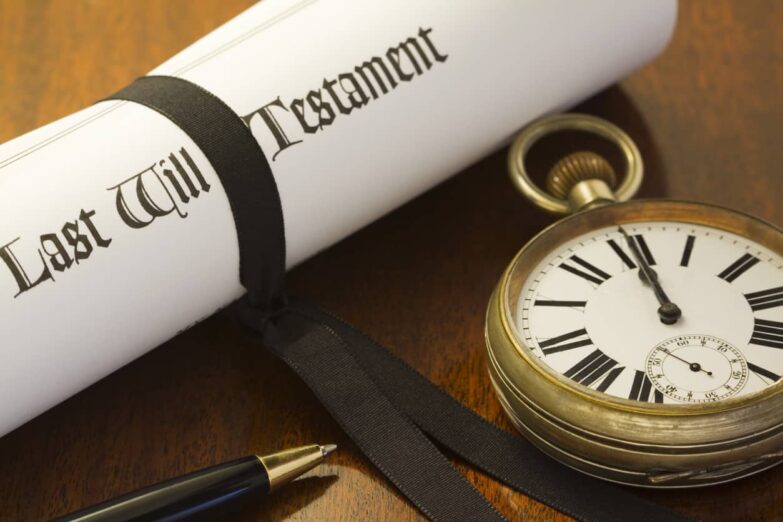Important Things to Know About an Affidavit of Heirship
The loss of a loved one is never an easy situation to confront. But it becomes much more difficult when legal proceedings are involved. Luckily, there are options when facing such trying life circumstances.
Additionally, there are numerous pros and cons to establishing heirship through a last will and testament. Chiefly, that a will is revocable in most cases. It can beg the question of the will maker’s capacity to make sound legal judgements. But wills can often be contestable, leading to long and drawn out court battles. They can be taxing both emotionally and financially.
The vast majority of states follow what’s known as intestate law. Any assets left undefined by a will or trust are distributed to directly named heirs. But here’s where it gets confusing: what if there is no will or trust, much less any directly named heirs?
Here are some important things to know about an Affidavit of Heirship:
What Is an Affidavit of Heirship?
An affidavit of heirship is used to designate the legitimacy of heirship to a deceased’s property. It’s a sworn written document witnessed by a third party; usually an executor who has no personal interest in the property of the deceased. The affidavit of heirship explains the direct relationship of an heir (who may not necessarily be a family member) to the deceased. It is typically entered as legal evidence during court proceedings. It is to declare ownership on behalf of the heir.
Why Is an Affidavit of Heirship Necessary?
Property distributed through intestate law is generally entered into probate court. It will to determine how and to whom assets will be awarded. This is typically decided only after any debts the deceased may owe are distributed out of their property. The remaining assets are then allocated to close relatives—typically beginning with the surviving spouse.
But probate court proceedings are a lengthy and expensive process. The process can last well over two years. The decisions and findings being subject to state law. More importantly, the proceedings are contestable. And in cases of estrangement, it’s not unheard of for a claimant to go through the process only to receive nothing in return.
An affidavit of heirship can expedite the process considerably. The information contained in the affidavit should clearly define the exact relationship of the claimant to the deceased. It is considered legally binding. Even if there is a valid will entered into court, an affidavit of heirship can sometimes supersede it; but only if all heirs agree on its terms.
What Should an Affidavit of Heirship Include?
Typically, an affidavit of heirship will include:
- Detailed contact information of the claiming heir, including past addresses and aliases, if any.
- Detailed contact information of the deceased and their family, including all known names and addresses of potential heirs and claimants and their relationship to the deceased.
- Descriptive information regarding the relationship of the heir to the deceased.
- Signatures of both the heir and a neutral third party witness.
When to Use an Affidavit of Heirship
- In instances where there is no will and testament or living trust left by the deceased.
- In instances where there is a will or trust, but all potential heirs agree to the terms of the affidavit of heirship.
- Instances where the will or trust is called into question owing to the mental incapacity of the deceased at the time of signing.
- In instances where the property of the deceased is considered too much of a tax burden by other potential heirs.
It’s important to remember that the affidavit of heirship does not necessarily grant the heir to the property of the deceased. Rather, it’s used to establish a presumed right to claim property and may not necessarily be accepted by a judge. Defining when to claim an affidavit of heirship can be one of the more confusing aspects of probate law. It should be discussed with a qualified attorney before being drafted.
Questions?
If you have any questions about an affidavit of heirship do not hesitate to reach out to us. Likewise, if you would like to know your options when selling an inherited property. Give us a call at 925-483-7327 or fill out the form below!



